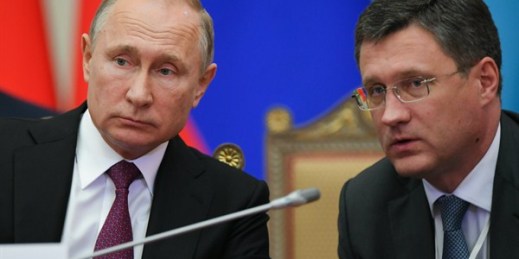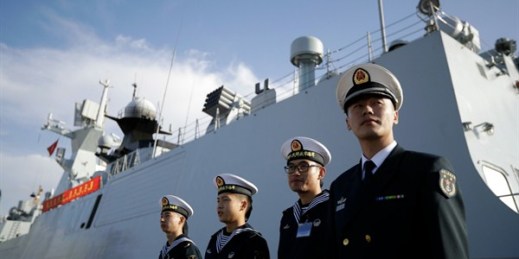
Five years after the U.S. first imposed sanctions against Russia for its illegal annexation of Crimea, Moscow continues to defy Western efforts to rein in its behavior. As the Russia sanctions risk becoming a permanent fixture in U.S.-Russia relations, three principal long-term trends are worth further examination. In March 2014, then-President Barack Obama signed the first tranche of executive orders imposing sanctions against the Russian Federation for its illegal invasion and annexation of Crimea. Five years later, the confrontation between the United States and Russia has come to dominate the national security conversation, driving unprecedented tensions in the trans-Atlantic relationship. […]


